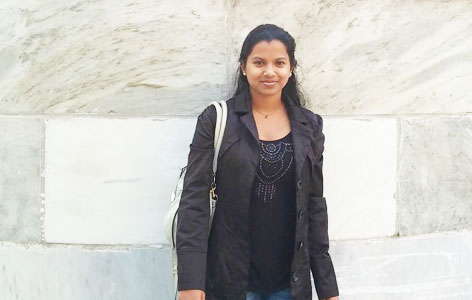
Conference: 60th American Society of Hematology (ASH) Annual Meeting, December 1-4, 2018, San Diego, California, United States of America.
Conference Highlight: The ASH Annual Meeting highlighted recent advances in hematology including discoveries, diagnostics, prognostics and their contribution to the development of therapies for hematologic malignancies.
Conference Summary: One of the main areas that the conference focused on was sickle cell disease (SCD). Several presentations highlighted findings from the REACH trial—one of the largest studies to provide positive results on the use of oral hydroxyurea in children with SCD in sub-Saharan Africa. It was discovered that hydroxyurea was well tolerated and led to significant increases in hemoglobin concentrations. REACH findings provided new hope for SCD patients and it is predicted that hydroxyurea will be available at low cost for patients in Africa.
A number of presentations also focused on the use of immunotherapeutic approaches, including chimeric antigen receptor T-cell (CAR-T) therapy. CAR-T therapy is an individualized therapy that harnesses the power of the immune system to fight blood cancers. CAR enables a patient’s own T cells to target and kill cancerous cells that express antigens such as CD19, CD22 and CD33. The Food and Drug Administration has approved CAR-T therapy targeting CD19 for a number of hematologic malignancies. This type of therapy offers new hope for patients who do not respond to conventional chemotherapy and stem cell transplants.
Finally, at the presidential symposium, Dr. Francis Collins from National Institute of Health highlighted the ethical considerations of gene editing. While germline applications of gene editing remain deeply controversial with little to no compelling evidence of medical need, gene editing remains a promising approach to develop somatic cell therapies for diseases like SCD.
All in all, this conference provided a great platform to learn about the latest therapeutic treatments in blood disorders.




